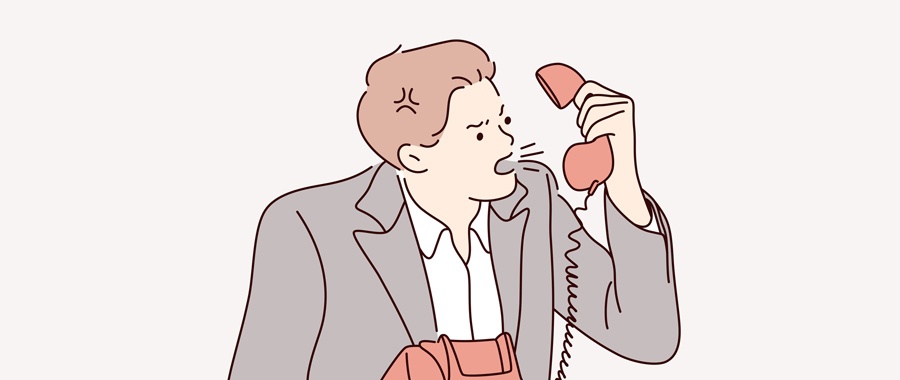The views expressed in our content reflect individual perspectives and do not represent the authoritative views of the Baha'i Faith.
A while back I shared on my professional Instagram account that anger can become our friend – because it shows us where a boundary has been crossed.
In response, I had a question from an Instagram follower asking how that works regarding the Baha’i writings, which say that we should avoid anger: “Jealousy consumeth the body and anger doth burn the liver: avoid these two as you would a lion.” – Baha’u’llah, quoted in Dr. J. E. Esslemont’s Baha’u’llah and the New Era, p. 108.
This no doubt seems to present a bit of paradox when current psychology touts anger as being helpful, but many holy writings tend to say otherwise. I would simply clarify that both can be true.
Anger, when used inappropriately, can definitely be toxic for both the angry person and those around him. So, what does that mean? There is a difference between reacting in anger and processing anger. For example, Susie just said something really hurtful to me and I feel angry. I immediately react. I yell or say something hurtful to her without thinking. All I know is that Susie made me mad!
Now, if instead of instantly reacting I process my anger, I can first notice it in my body – how it feels, and what is happening – and then just sit with it. I don’t react. I take time to reflect. For example, I can ask myself a series of questions to reflect upon: Why am I angry? How can I share with Susie how this made me feel? Do I even need to share my feelings? Will that conversation be helpful, or is this learning just for my own personal growth? Some would call this process practicing “non-attachment.”
In psychological terms, anger is what’s considered a “secondary emotion,” meaning that it provides a sign that tells us to look out for a deeper emotion that may be inaccessible at the moment. The point of slowing ourselves down when angry is to help us get in touch with this deeper emotion that we may be avoiding, either because it’s too painful or maybe because we don’t even know how to access it in the first place. By slowing down, we honor the truth in our experience, and give ourselves space to learn from it. As Susan David, Ph.D., author of Emotional Agility, says, “Our raw feelings can be the messengers we need to teach us things about ourselves and can prompt insights into important life directions.”
In this spirit, anger can become our friend. How can we transform anger into insight? By staying aware, noticing our anger, and doing our best to not get caught up in it – but instead deciding how we want to respond to it. Baha’u’llah also helps us with this practice when we follow his advice to: “Bring thyself to account each day ere thou art summoned to a reckoning; for death, unheralded, shall come upon thee and thou shalt be called to give account for thy deeds.” – The Hidden Words
Bringing myself to account each day empowers me to reflect on my actions. Being human, I am going to make mistakes, including in my practice of anger being my friend. Some days I will forget to slow down the process and will react. If I take time to reflect on how my day went, whether at a specific time of day or moment by moment, I learn where I could improve. At the end of each day, I can ask myself: if I experienced anger, was it experienced responsibly?
Some therapists will still say that anger is here to protect us because it is hardwired into the evolution of our being. To that I say, yes, and as spiritual beings I believe that we have the capacity to go beyond our evolutionary biology. We can learn how to practice non-attachment to our anger so that we do not let it control our actions.
Finally, going back to the first quotation, Baha’u’llah didn’t advise us to kill the lion – he said to avoid it. When we think of the word avoid the first meaning that probably comes to mind is to run away or maybe pretend like it isn’t even there. But when we think of this metaphor that Baha’u’llah uses – the lion – it does not seem wise to run away from a lion, let alone pretend it’s not there! Perhaps Baha’u’llah simply meant that we can learn to coexist with the lion, keeping a wary, watchful eye on it and giving it space when it arrives.
















Comments
Sign in or create an account
Continue with Googleor